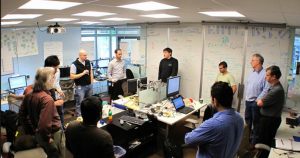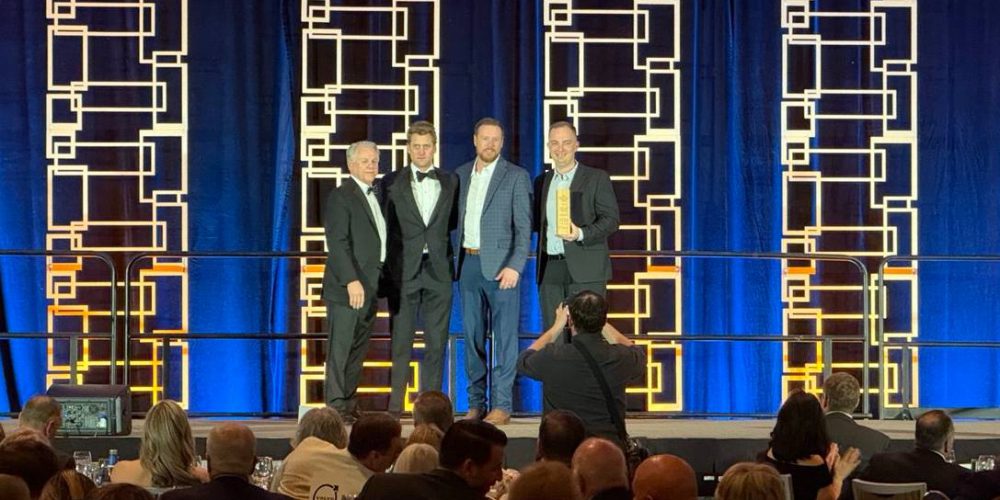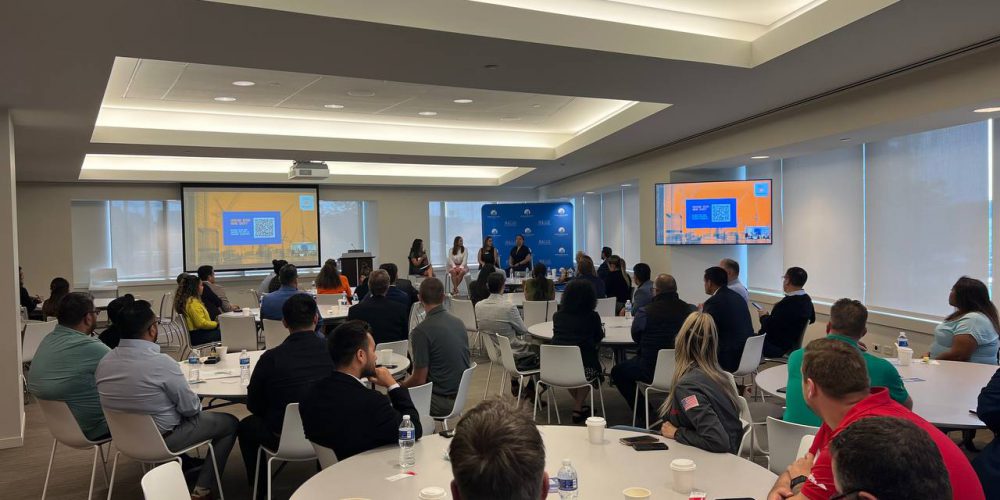How can we keep Zoom fatigue under control?

Alas, Zoom fatigue has become a serious problem of our life.
Many people complain they get tired of endless video conferencing, video meetings with teams, conference calls with family.
Almost everyone notes that daily hours of virtual meetings are tiring and exhausting.
So, how can we stay healthy and keep this new form of online exhaustion under control?
Here are some practical tips that you might find helpful in this regard.
- Keep meetings brief.
Everyone agrees that online meetings do not need to be held anywhere and anytime. Long, useless meetings could just be an email.
Many workplaces implemented stand up meetings to limit overly-long gatherings.

Another great tip in this aspect is to come to the meeting with a clear agenda and designated timekeeper.
- Opt for speaker view.
Part of the reason online meetings can be especially exhausting is because our brain is being presented with an extraordinary amount of information all at once. Whereas in an office meeting setting, we might only be looking at one or two people while the conversation unfolds.
In “gallery view” we can see into every single team members’ home, including their dog running through their background.
This is way more information than our brains are used to getting all at once. So instead, we can switch the settings to “speaker view” to opt for a more focused visual experience. By just focusing visually on the person who’s speaking, we’ll be better able to focus our attention and keep information overwhelm in check.

- Take notes on paper.
We know about the benefits of taking notes on paper instead of keeping everything virtual – but it’s worth mentioning again. There’s a reason we cling to analog forms of pen-to-paper communication.
Research shows that writing things down by hand activates our brain in a different way, increasing retention and memory, and resulting in a deeper level of cognition. So while our schedules may be full of screen time, that doesn’t mean we can’t rely on a paper notebook or planner to be more rooted in reality.

- Avoid back to back calls.
Some bemoan the fact that they have a virtual meeting every hour, 8 hours a day. Isn’t it horrible?! How are we supposed to get actual work done if we are videoconferencing all day? How about the regular administrative tasks required of most workers – like checking calls or your inbox?
And beyond that – we all biologically need periodic bathroom and meal breaks, at the very least. This is a good time to remember that it might not be the technology that’s getting in our way – it might be a much more human problem – a need to set clear boundaries at work right now.
- Phone calls are still an option.
On that same note, let’s remember we still have some control over how we communicate. Video calls aren’t the only kind of calls available to us. Let’s embrace the original use of our smart phones once again and actually use them to call people. This is especially true for our social connection needs.
- Let’s audit the ergonomics of our setup.
It’ll be good to create a designated, focused space in our house for work.

No working from bed or the couch! Whether it’s at the kitchen table or in the corner of our living room, we all need space that’s solely devoted to work in order to feel like we can get things done. Now is a good time to double check on the ergonomics of our setup.
Are you constantly hunched over your laptop? Can you connect to a bigger monitor? Are you squinting to see a screen with too much light pouring in from behind it? Make sure your eyes are level with your screen whenever possible (propping your monitor atop a stack of books can help) and that you can sit comfortably at your desk with your feet on the ground and hands on your keyboard without straining.

- We should give our eyes a break.
No matter how stellar our home office setup, everyone’s eyes need a break from all that screen time. Between meetings, we can get up and get out if possible.
We can look out the window from time to time and enjoy the shining sun and the white clouds in the sky. Our eyes are begging for it anyway!
Look out at a distance and feel how your eyes immediately adjust. Looking at screens for too long means our eyes never get that break from focusing on our near vision field. Giving them some variability on that front is especially important.
Doctors recommend a full 10-to-15-minute break from screen time for every two hours of work. Some find that blue-light blocking glasses help relieve eye strain as well.
- Tune in from outside.
One of the managers shared that one day she tuned into the morning meeting from her apartment’s balcony, and the sound of birds chirping outside actually caused their entire team to stop talking, take a deep breath, and just listen for moment together. She said it was a beautiful reminder that there’s nothing wrong with taking the occasional call from outside or while on a walk.

- Provide “office hours” as a manager.
Part of the reason why so many managers in particular find themselves pulled into near-constant video meetings is because they’re used to being more readily available to their staff, who may be used to more hands-on, minute-by-minute support and oversight. When working virtually, new boundaries are needed to keep us all sane.
One great strategy that emerges from the panels on best practices for managing remote teams is this: make yourself available for designated office hours in the morning, midday, and towards the end of each day. That way if one of our direct reports is stuck and in need of our support, they don’t need to schedule a specific 1-on-1 meeting with you to move forward – they know they can always pop into your next upcoming office hours session.
- Take the weekend off
We all need a break from the hustle and bustle of the week, so avoid scheduling virtual hangouts for the weekend ahead.
Read a good book. Start a garden.

Try out a new recipe. Pick up that instrument that’s been gathering dust. Do something with your hands to keep you engaged with reality as you take a time out from virtual reality for a day.
We wish you the best in improving your time management skills!
By Gilbert Castro | ENC News


































